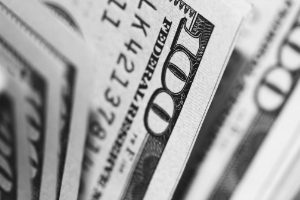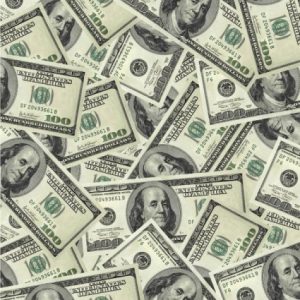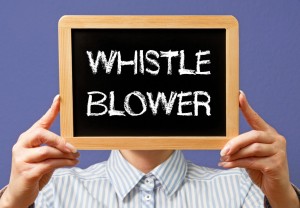An overseas tipster recently helped the SEC take down a large and long-running securities fraud at the whistleblowers former company.
As per policy, the SEC would not identify the individual whistleblower or the specific securities violation they helped to uncover, but they did note the tipster worked for the company where the alleged securities violations took place and they offered to assist the SEC throughout its entire investigation. The SEC also said that the tipster was not a U.S. citizen and worked for the company in an overseas office.
Jane Norberg, chief of the SEC’s Office spoke about the case saying “Company insiders often have valuable information that can help the SEC halt an ongoing securities law violation and better protect investors,” She also spoke about the SEC whistleblower program in general “The breadth of the SEC’s whistleblower program is demonstrated by this case, where the whistleblower, a foreign national working outside of the United States, affirmatively stepped forward to shine a light on the wrongdoing.”
 On March 26, the SEC announced that it was going to award $13 million to a whistleblower who assisted in an enforcement action. This whistleblower provided the SEC with very important information which allowed the SEC to target widespread misconduct.
On March 26, the SEC announced that it was going to award $13 million to a whistleblower who assisted in an enforcement action. This whistleblower provided the SEC with very important information which allowed the SEC to target widespread misconduct. SEC Whistleblower Lawyer Blog
SEC Whistleblower Lawyer Blog


 On March 26, the SEC announced that it was going to award a total of $50 million to two whistleblowers who assisted in an enforcement action. They provided the SEC with very important information which allowed the SEC to take action. One whistleblower was awarded $13 million, and the other one was awarded $37 million. The $37 million is the SEC’S third-highest award.
On March 26, the SEC announced that it was going to award a total of $50 million to two whistleblowers who assisted in an enforcement action. They provided the SEC with very important information which allowed the SEC to take action. One whistleblower was awarded $13 million, and the other one was awarded $37 million. The $37 million is the SEC’S third-highest award. Trevor Murray, an ex-UBS AG analyst, is asking a New York federal judge to award him $3.2 in attorneys’ fees from a lawsuit he filed against his former employer. Murray is claiming that federal securities law requires the bank to allocate the funds to him.
Trevor Murray, an ex-UBS AG analyst, is asking a New York federal judge to award him $3.2 in attorneys’ fees from a lawsuit he filed against his former employer. Murray is claiming that federal securities law requires the bank to allocate the funds to him. The Securities and Exchange Commission (SEC) announced on September 24, 2018 that it has awarded nearly $4 million to an overseas whistleblower.
The Securities and Exchange Commission (SEC) announced on September 24, 2018 that it has awarded nearly $4 million to an overseas whistleblower. The U.S. Commodity Futures Trading Commission announced that it has awarded more than $45 million to whistleblowers. This includes a
The U.S. Commodity Futures Trading Commission announced that it has awarded more than $45 million to whistleblowers. This includes a